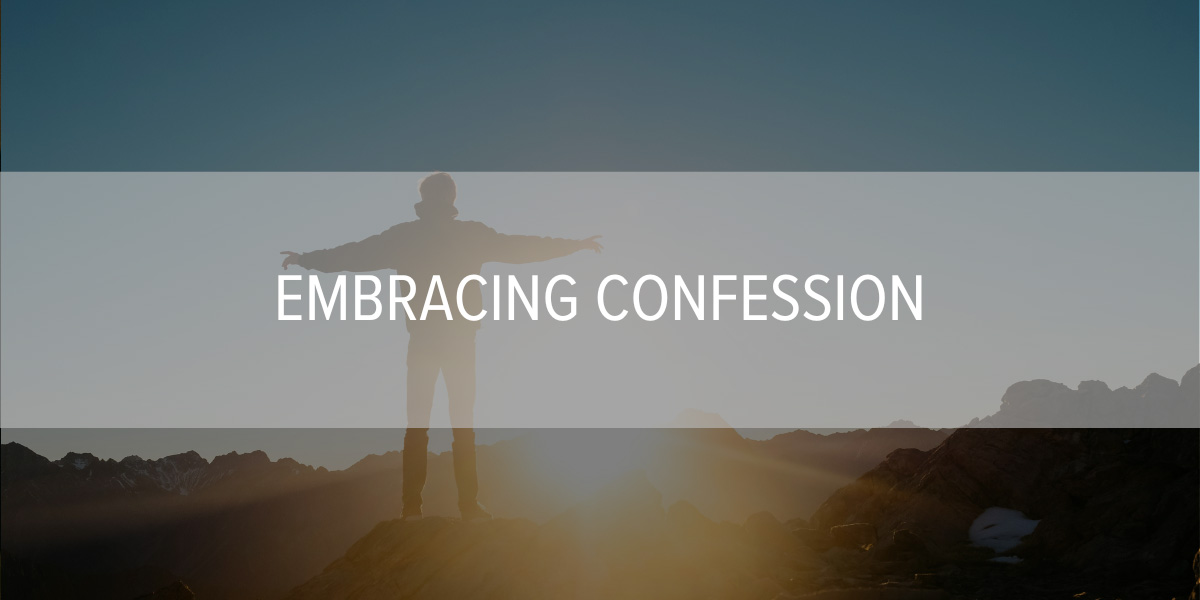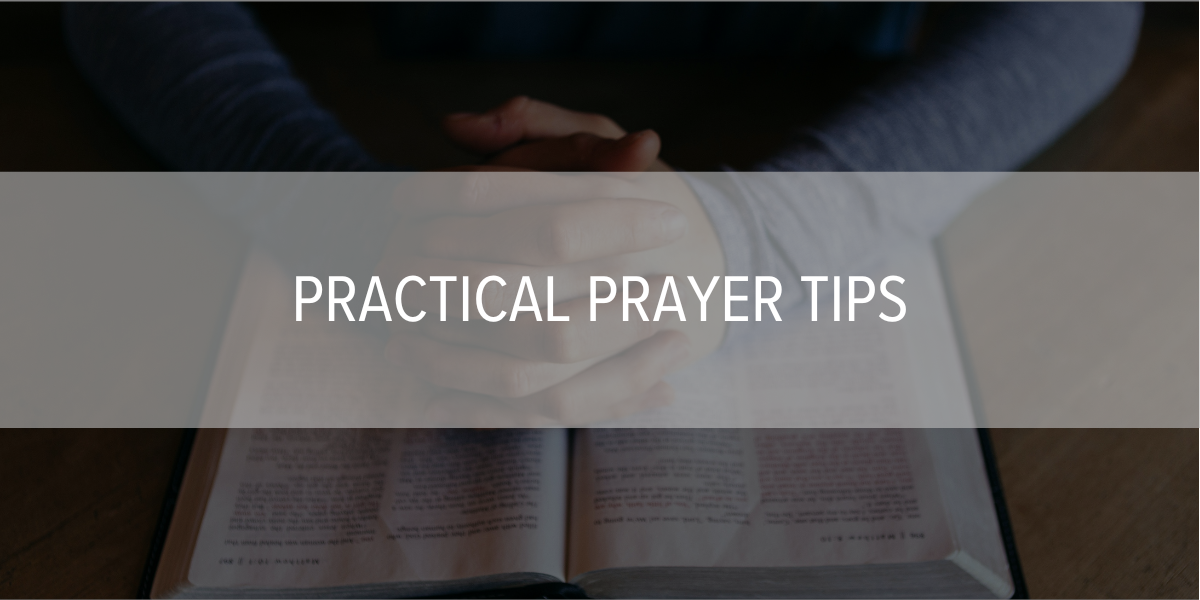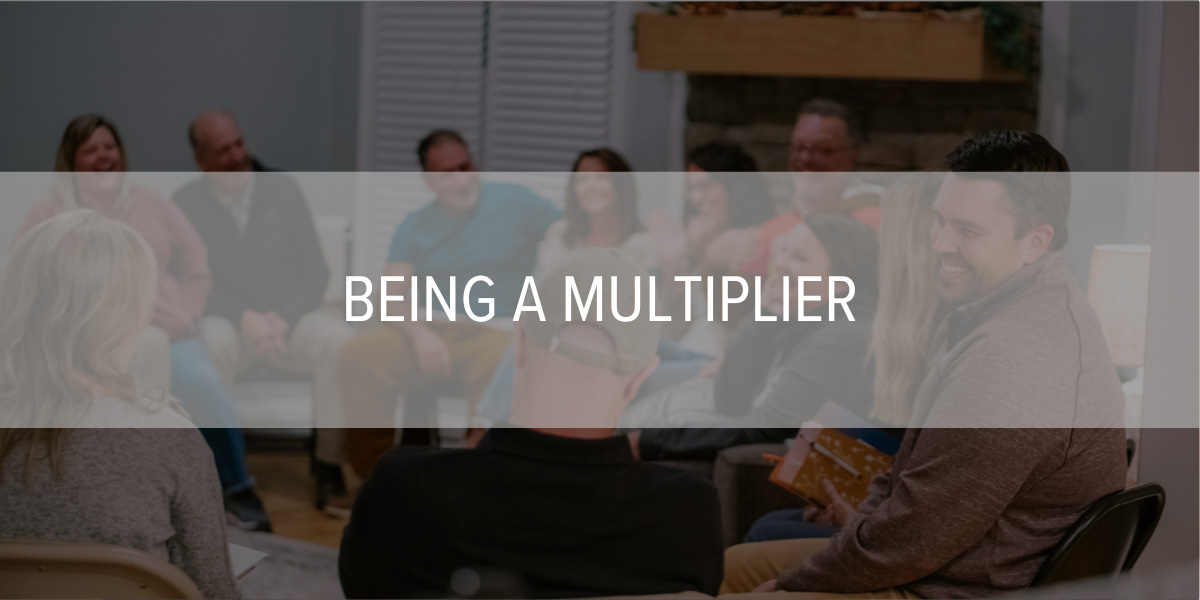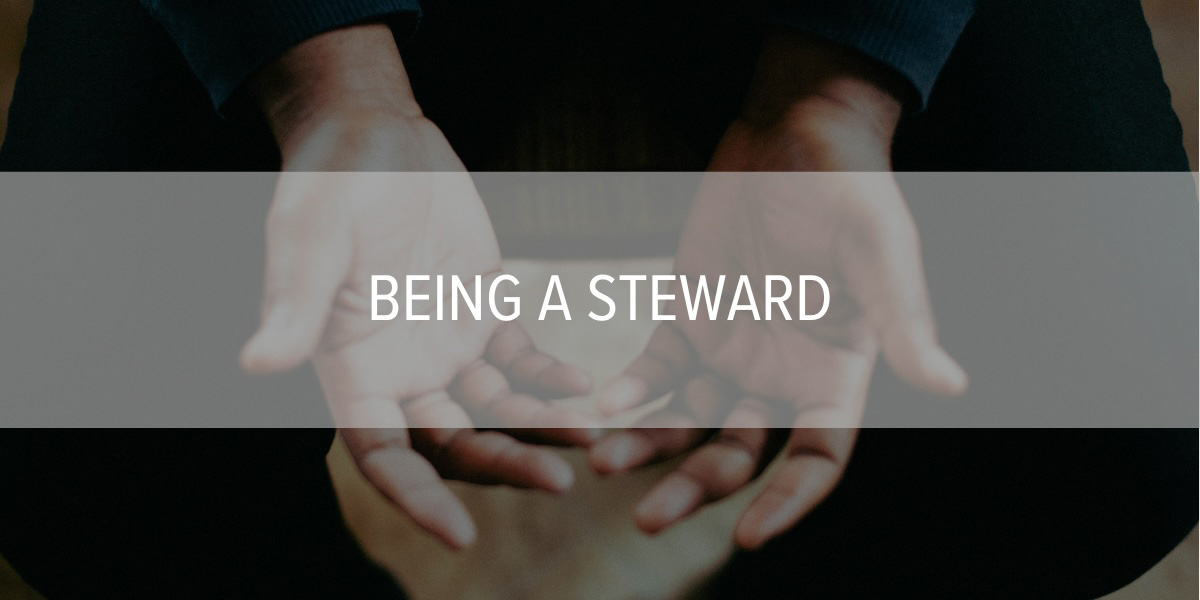Confession is a discipline that leads to freedom.
Come out of hiding, you’re safe here with me
There’s no need to cover what I already see
You’ve got your reasons, but I hold your peace
You’ve been on lockdown, and I hold the key.
– “Out of Hiding” by Steffany Gretzinger and Amanda Cook
What comes to mind when you hear the word “confession”? Freedom and celebration likely aren’t at the top of the list! Depending on your experiences, the word might evoke unsettling images—public humiliation, flogging, sackcloth and ashes, or stepping into a dimly-lit booth seeking absolution from a priest. Often influenced by history books and movies, we may not realize that our fears and misconceptions may prevent us from practicing this vital, life-giving spiritual discipline.
But what if we’ve gotten confession all wrong? What if we’ve made it something God never intended? For Jesus followers, our sins have already been forgiven through His death on the cross. So if Jesus has already forgiven us, why must we continue to confess our sins? While Jesus’ sacrifice paid the penalty for our sins, Scripture commands us to confess as part of our discipleship. We practice confession because, in this act, we agree with God by acknowledging our sinfulness and we seek to live a life wholly aligned in obedience to Him. Confession is vital for growing closer to God and becoming more like Him.
1 John 1:8-10 says, “If we claim to be without sin, we deceive ourselves and the truth is not in us. If we confess our sins, He is faithful and just and will forgive us our sins and purify us from all unrighteousness. If we claim we have not sinned, we make Him out to be a liar and His word is not in us.”
John Piper says it this way: “You have to confess your sins in order to make war on them… Confessing sin is agreeing with God that we have sinned and that it must be fought and killed. Confession is not the basis of forgiveness but a trait that shows we are truly in Christ, where His blood covers all our sins.”
Simply put, confession is a gift made possible to us by the cross—but sadly, it is often a missing practice in the daily lives of many Christ followers. We sin, but we cover it up and hide. We feel ashamed, and instead of running to God, we avoid Him and others for fear of being exposed. We think returning to Him will require groveling or beating ourselves up. Therefore, we carry guilt and condemnation over our wrongdoings because we don’t always know what to do with them. As a result, we feel remorse but we avoid confessing, missing out on the freedom that comes from a clear conscience.
We think we must tidy up our acts before we come to God and confess our sins. We’ve turned confession into an empty religious ritual, an act of penance. We try to dress up and present our best selves before God. But Jesus invites us to come to Him as we are. C.S. Lewis said, “We must lay before Him what is in us, not what ought to be in us.” When we confess, we acknowledge our sins, but the practice of confession offers us so much more.
Confession is Agreeing with God’s Truth
“Whoever conceals their sins does not prosper, but the one who confesses and renounces them finds mercy.” – Proverbs 28:13
Hiding sin only harms us, while confession opens the door to God’s mercy and spiritual growth. In a world where it’s easy to live out “our truth,” confession invites us to trade our subjective views for God’s objective truth found in Jesus.
Confession Fosters Unity and Community
“Therefore, confess your sins to one another and pray for one another, that you may be healed.” – James 5:16
This verse makes confession clear and straightforward. Confession within a Christ-centered community fosters healing, encouragement, and support. Here’s the truth: you’re a sinner. So am I. When we confess to one another, we practice vulnerability, admit our weaknesses, and level the playing field. None of us is better than the other. We are all broken sinners in need of a Savior. Confession enables us to remove our masks and stop pretending.
Confession Offers a Bridge to Reconciliation
“When I kept silent, my bones wasted away through my groaning all day long. For day and night your hand was heavy on me; my strength was sapped as in the heat of summer. Then I acknowledged my sin to you and did not cover up my iniquity. I said, ‘I will confess my transgressions to the Lord.’ And you forgave the guilt of my sin.” – Psalm 32:3-5
Confession opens the door to reconciliation with God and others. Just like in human relationships, unresolved issues create tension. Confession clears the air and restores the relationship.
Confession Leads to Freedom
Confession is simply being honest with God. Praying King David’s prayer in Psalm 139:23, “Search me, O God, and know my heart,” calls for self-awareness on our part. God calls us to repentance—not to expose us, but to free us. Confession lifts our burdens and gives them over to God. We think that by confessing our sins, we will be piling on God’s judgment, but Jesus already bore that for us. There is no judgment or condemnation for those who are in Christ, and confession offers a way forward to forgiveness, freedom, and hope that only Jesus can provide.
Confession is far more than an obligation or ritual—it is a transformative practice that draws us closer to God. Through confession, we agree with God’s truth, embrace His mercy, and allow His grace to reshape our lives. It leads to deeper community, reconciliation, and the freedom to live unburdened by guilt. God doesn’t call us to confession to shame or punish us, but to free us and restore our relationship with Him. Let us no longer hide our sins but freely confess, knowing that there is forgiveness, healing, and true freedom in Christ.







0 Comments